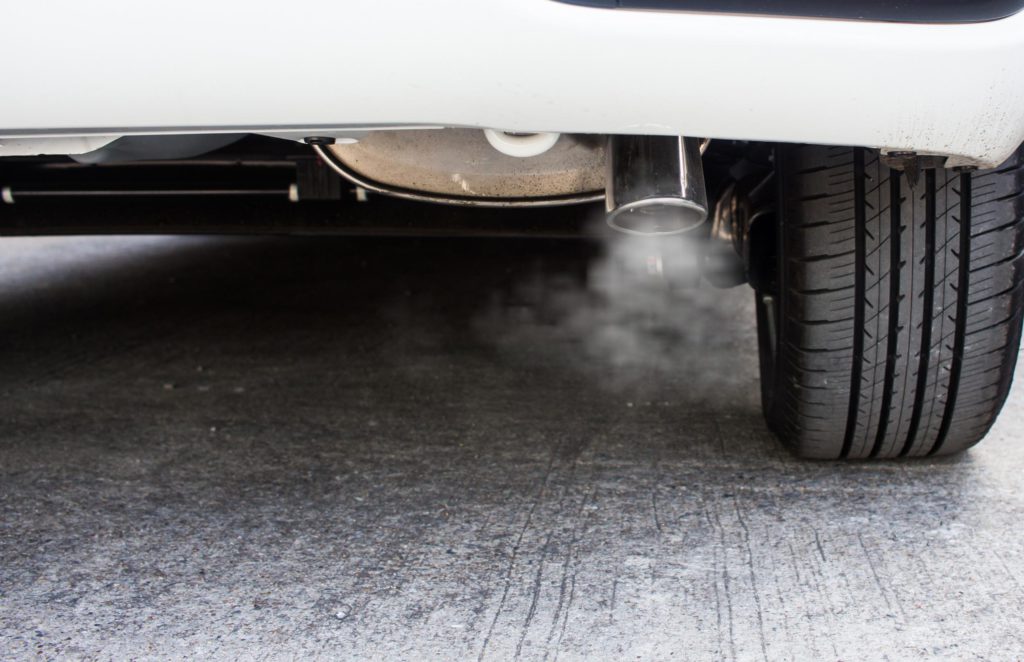Diesel will not die out, believes man whose equipment caught out VW
06 September 2017

06 September 2017
The man whose equipment was vital in catching out Volkswagen (VW) in the Dieselgate scandal has said that the technology will never die out, despite the fallout since the manufacturer was revealed to be cheating emissions tests in the US.
Atsushi Horiba, CEO of Horiba, which manufactures equipment for measuring automobile emissions, suggested that electric vehicles (EVs) will never make up more than a third of cars on the road worldwide, as it is not feasible to build the scale of infrastructure that will be needed to enable the technology.
In an interview in Tokyo, Atsushi said: ′Any academic who says 100 percent of cars will be electric in the future has been reading too many comic books, it’s not an issue of technology, it’s just reality.’
However, in the two years since VW admitted to installing ′defeat devices’ in diesel cars to cheat emissions testing in the US, China has introduced strict quotas on fleet-based emissions, while governments in the UK, France and Norway have set targets to ban the sale of traditional internal combustion engines. Tesla has also risen to become a popular vehicle brand rather than just a niche player.
Electric cars will outsell fossil-fuel powered vehicles within two decades as technological advances push down battery prices faster than previously thought, according to a Bloomberg New Energy Finance report in July. In just eight years, electric cars will be as cheap as gasoline vehicles, the report predicts.
Horiba, whose company makes about 80% of the automotive emission measurement systems sold worldwide, sees no need to rush and change tack. Automakers that don’t continue to invest in internal combustion engines won’t be able to survive the 15 or more years to see the day when EV technology starts to really take hold, he said.
However, while diesel may still be around until the EV march takes hold, sales are falling, especially in the markets which have announced future bans on their sales. The recent SMMT figures for new UK registrations highlighted a fifth consecutive month of falling sales in 2017, compared to 2016. While total sales fell by 6.4%, petrol registrations grew by 3.4%. Diesel vehicle sales, however, dropped by 21.3% compared to August 2016. In year-to-date comparison figures, petrol sales are up by 4.2% but diesel is down by 11.5% in total.
The total market share of diesel in the month of August 2017 dropped to 39.6%, the first time this year that it has dropped below 40%, and it could even be the first time that the share has been so low since the scrappage scheme of 2009 was introduced in the UK.
Meanwhile, sales of alternative fuelled vehicles (AFVs), which include EVs together with conventional and plug-in hybrids, were up by 58% compared to the same period in 2016, and 32.7% year-to-date.
Horiba’s business model is in emissions testing, and therefore the rise of zero-emission vehicles could lead to the company’s value falling. However, the business has made inroads into testing batteries, motors and control systems for electric vehicles. Atsushi adds: ′We live off our real businesses, so we need to keep an eye on what’s going on in the real world. We’re not suddenly going to go all in on electrification and say we’re quitting emissions testing equipment. That’s not going to happen.’